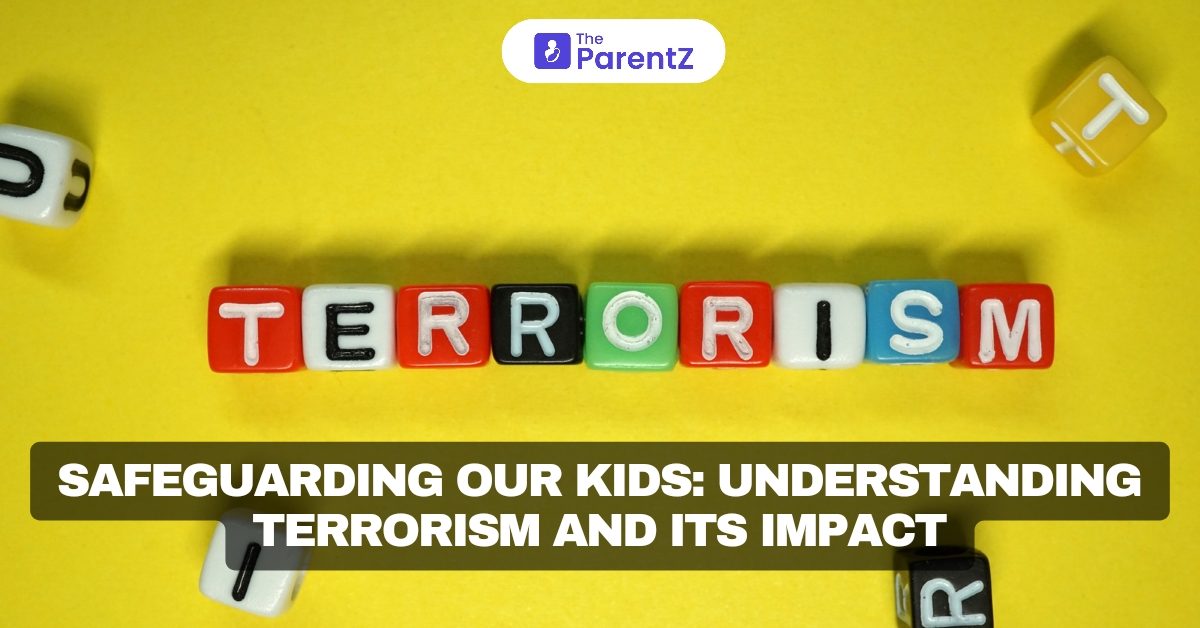Living in a world marked by unrest and uncertainty is a daunting reality. The specter of terrorism looms large, casting a shadow over our lives and leaving us feeling vulnerable. As parents, our primary instinct is to shield our children from harm and to create a safe space where they can live without dread. But in today's world, this is a complex challenge. How do we prepare our children for the harsh realities without overwhelming them with anxiety? How do we foster resilience while maintaining a sense of hope? These are questions that many of us grapple with.
Let's begin by acknowledging that feeling overwhelmed, scared, or helpless is okay. You are not alone in this. Many parents are navigating these turbulent waters, and it's essential to remember that you are doing your best. Your love and care are your children's strongest shields.
Understanding Terrorism: A Parent's Guide
It's crucial to approach the topic of terrorism with sensitivity and age-appropriateness. While shielding our children from the harsh realities is tempting, open and honest communication can foster a sense of security and trust. Here are some guidelines:
- Be Honest But Age-Appropriate: Avoid overwhelming your children with graphic details. Instead, use simple language to explain that there are some bad people in the world who hurt others. Emphasize that these actions are wrong and unacceptable.
- Focus on Safety: Reassure your children that you are there to protect them. Explain safety measures like locking doors, being aware of surroundings, and trusting their instincts.
- Build Resilience: Encourage your children to ask questions. Listen attentively and provide honest answers. This open dialogue helps build trust and resilience.
- Limit Media Exposure: While staying informed is important, excessive exposure to news can be distressing for children. Choose age-appropriate news sources and limit their screen time.
- Promote Kindness and Empathy: Teach your children about compassion, empathy, and respect for others. These values are the foundation of a peaceful society.
- Seek Support: Don't hesitate to seek support from friends, family, or professionals. Sharing your feelings will help you cope better.
Understanding the Impact of Terrorism
It is the use of violence against civilians to reach political or ideological goals. It aims to instill fear and disrupt the normal functioning of society. The consequences of terrorism are devastating, leading to loss of life, injury, and long-lasting psychological effects on survivors and witnesses. Children, in particular, may struggle to process the implications of such violence, leading to feelings of insecurity and fear.
The media often amplifies these fears, with constant coverage of attacks and threats. This tends to create a cycle of anxiety, where children become increasingly fearful of the world around them. As parents, it’s essential to recognize these feelings and address them constructively.
Creating a Safe Space at Home
Your home should be a sanctuary for your children. Here are some tips to create a nurturing environment:
- Establish Routines: Children thrive on routine. Consistent bedtimes, meal times, and activities provide a sense of stability.
- Spend Quality Time: Take part in activities that your children enjoy. Shared experiences strengthen your bond and create positive memories.
- Encourage Expression: Allow your children to express their feelings through art, writing, or conversation.
- Limit Screen Time: Extreme screen time can lead to anxiety and sleep disturbances. Encourage outdoor play and physical activity.
- Practice Mindfulness: Teach relaxation techniques like deep breathing and meditation to help manage stress.
What to Avoid?
While it's essential to address your children's concerns, there are certain things to avoid:
- Overprotectiveness: While it's natural to want to shield your children, excessive overprotectiveness can hinder their development. Encourage independence and problem-solving skills.
- Blaming Entire Groups: It's important to avoid generalizations and stereotypes. Terrorism is a complex issue with multiple factors.
- Fear-Mongering: Creating a climate of fear can be counterproductive. Focus on building resilience and hope.
Conclusion
Remember, you are not alone in this journey. You can equip your children with the tools they need to navigate an uncertain world by fostering open communication, building resilience, and creating a loving home environment. Our children are watching us, and by modeling strength, compassion, and hope, we can help them grow into resilient and compassionate individuals who are prepared to face future challenges.






Be the first one to comment on this story.